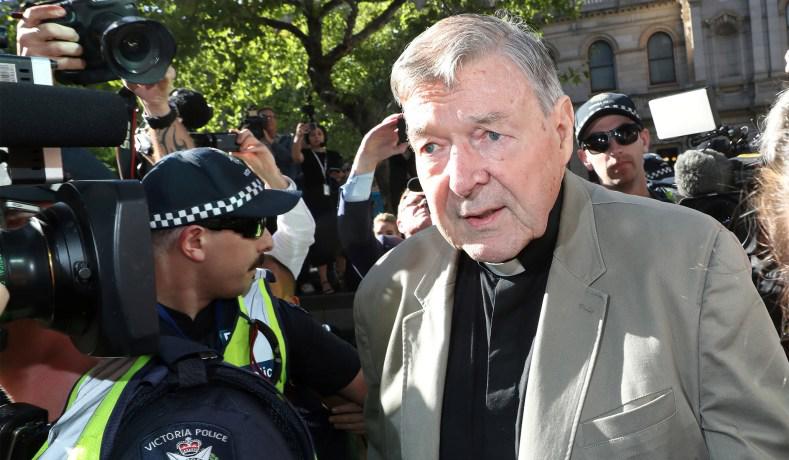|
The George Pell Case and Standards of Evidence
By Nicholas Frankovich
Standards of evidence that are currently applied in the Catholic Church’s investigations of alleged sexual abuse by clergy are low, for good reasons. Typically a sexual crime has no witnesses except the victim and the perpetrator. Moreover, a victim who is a child or adolescent is liable to be overwhelmed by fear, anxiety, confusion, and even guilt and therefore to wait years, even decades, before reporting the crime, increasing the difficulty of substantiating the accusation. So the determination that an accusation is true often comes down to taking the victim’s word over that of the accused. The nature of the alleged crime is such that in most cases the victim would never be able to meet a higher evidentiary standard. A presumption that the accused was innocent until proof of his guilt had been established beyond a reasonable doubt would mean that neither the legal system of the Church nor that of the state would be able to convict most abusers or deter them. “No one would believe you,” the abuser says to his victim, to discourage him from reporting the incident to authorities: That’s a recurring passage in the testimony of victims who allege that they were abused by a priest when they were children. To a degree that we now find scandalous, their reports of abuse were, we read, dismissed by authorities at the time (primarily the 1960s through the mid ’80s) — sometimes by their own parents, sometimes by Church officials who told parents that they needed more evidence than one child’s accusation. The Church has corrected course since then, but in doing so it has risked the opposite error, of presuming the veracity of an accusation against a priest and thereby lapsing into complacency over the possibility that the accusation is false. Even Church officials accept that the vast majority of sex-abuse allegations against clergy are true, but it’s unlikely that all are. A friend, a Catholic priest who last year published an article in which he registered in the strongest terms his disgust at the Church’s record on sexual abuse and its cover-up, told me confidentially that he saw no way around the problem of over-correction. He meant Church tribunals where Blackstone’s ratio — better that ten guilty men escape than that one innocent man suffer — has been reversed. “No one would believe you” is now what someone threatening to lodge a false accusation could tell a priest. My friend was uneasy over this development, as he should be, but speculated about a spiritual dimension to the predicament. He wondered whether he should accept, in humility and obedience, that his religious vocation now entailed the possibility that someday he would be falsely accused and found guilty despite his innocence. If a priest is made a scapegoat for the sins of his predecessors in holy orders, he will suffer a grave injustice. As Christians know, however, suffering can be redemptive. For precedent, let any who are falsely accused recall Jesus’s trial and execution and follow his example: It may be a test to which priests at this moment in the history of the Church are being called to submit. So thinks my friend the priest. Evidentiary standards in Church tribunals are lower than those in the U.S. justice system but not necessarily lower than those in the justice systems of other countries. In criminal court in Melbourne, Australia, Cardinal George Pell was convicted, in December 2018, of sexually abusing adolescents in the 1990s. If the only evidence against him is what we read in news reports, I agree with George Weigel and others that the circumstances of the crimes he is accused of are improbable. Pell’s lawyers are appealing the verdict. Some legal analysts think that the appeal has a good chance of succeeding on the grounds that the verdict couldn’t have been reasonably reached on the basis of the evidence presented at trial. The appeals court may well find him not guilty. In the court of public opinion, which is heavily against him, he might never be fully exonerated.
|
.
Any original material on these pages is copyright © BishopAccountability.org 2004. Reproduce freely with attribution.
